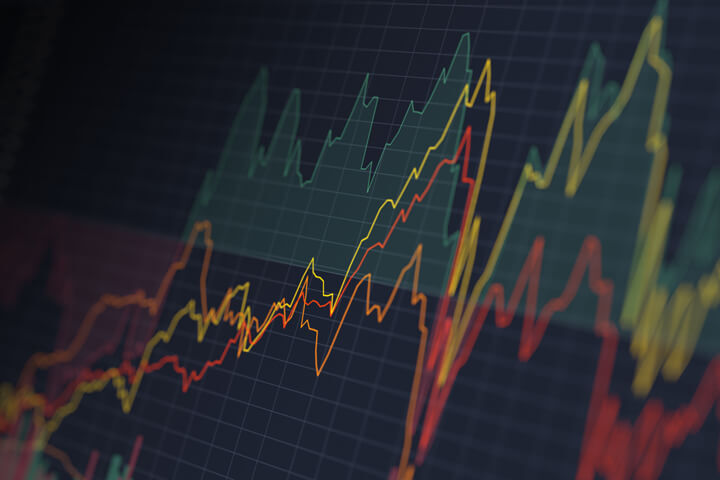




From a South African perspective, our economy has not escaped rising global and market concerns.
The initial euphoria that President Cyril Ramaphosa&quo;s appointment created has been somewhat diluted, as much of this excitement has not translated into actual business activity. The unexpected contraction in GDP in the first quarter of 2018, increased commodity prices, ongoing concerns on land reform, as well as sustained policy concerns over the new mining charter, have all been contributing factors to a currently weakening local economic outlook.
The above is evident off the back of the latest GDP figures which place us in a technical recession and, subsequently, we expect lower future growth and a weaker Rand. It does not bode well for already cash strapped consumers who have already had to deal with increased VAT (1% increase to 15%) and record high costs of fuel at the pump resulting in less disposable income for them. This led to a decline in households&quo; spending - the first outright decline since the first quarter of 2016. Consumers should be aware that, if the Rand continues to depreciate, it could fuel higher inflation expectations and force the SA Reserve Bank to raise domestic interest rates, placing further pressure on consumers&quo; debt servicing costs - resulting in an even higher cost of living.

During weak stock market performance and highly volatile periods such as these, investors tend to switch from riskier assets to cash, and miss out on any market recovery. Instead, investors need to tighten their belts and engage with their financial adviser who will help them stick to their financial goals and steer clear of making emotional decisions that could have a devastating effect on their savings.